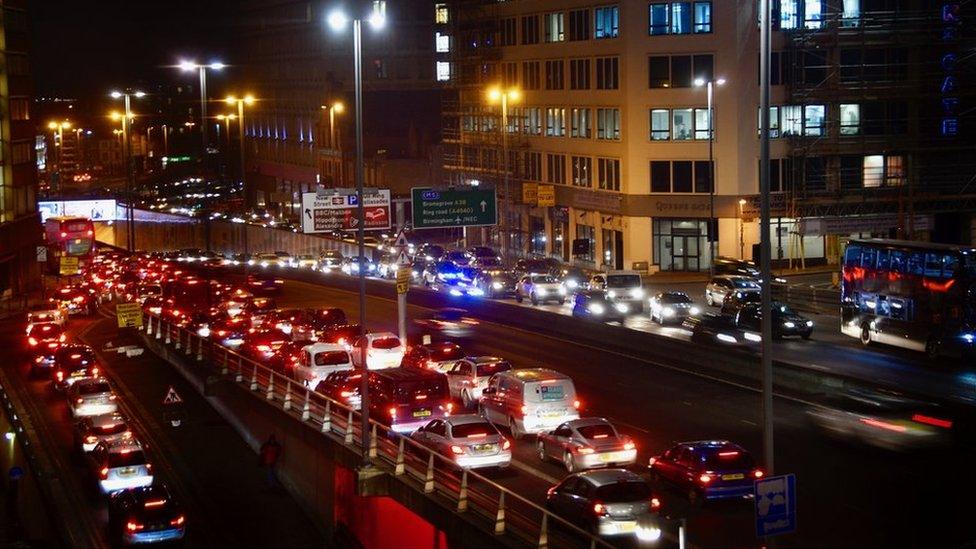Birmingham trees deliver nearly £4m of health benefits
- Published
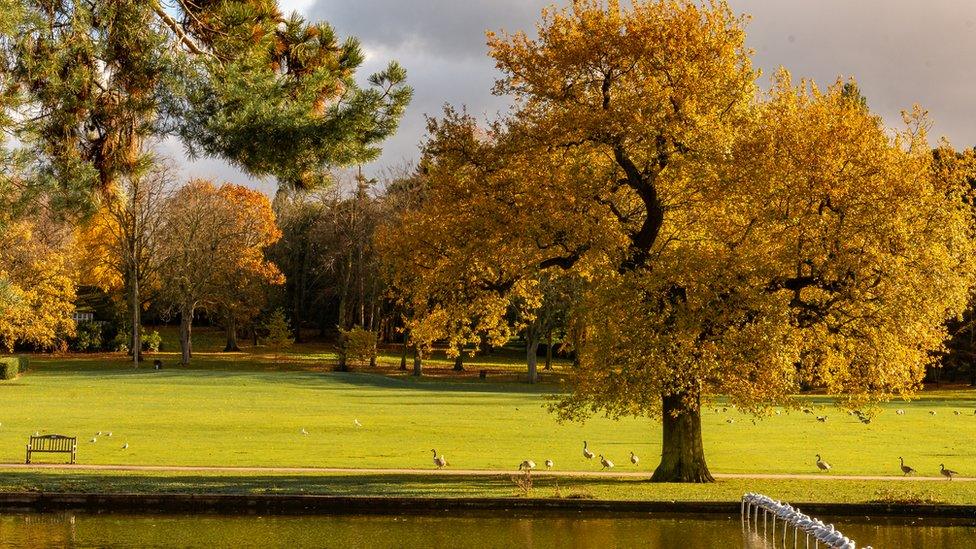
Parks, such as Cannon Hill Park in Birmingham, keep traffic noise out and improve our health,. researchers said
We all know pollution from traffic causes health problems for people who live in cities and towns, but did you know the noise from traffic also has a big impact on our health?
Some researchers say it's the second greatest environmental risk to health in Western Europe.
But it turns out trees are a great way to cut down noise from traffic.
Not so much the odd tree on a road verge but rather our parks and woodland even down to smaller clumps scattered around our urban landscapes.

David Fletcher has come up with a model that looks at the trees in a city and turns their noise reducing benefits into a cash value
David Fletcher from the UK Centre for Ecology & Hydrology has come up with a model that looks at the trees in a city and turns their noise reducing benefits into a cash value based on the impact on our health.
He used Birmingham as an example and it seems the city's trees deliver nearly £4m of health benefits to the people living there.
He would be the first to admit reducing a beautiful urban park to just a cash value can seem crass, but when you do that of course it allows the people holding the purse strings to compare the financial benefits of trees to other options properly for the first time.
More than that, the model David has developed means a city like Birmingham could look at the budget it has available for tree planting and work out how it could maximise the benefits of what it can actually afford to do. It might be great to cover all spare space in the city with trees but the city doesn't have this money for that, but it might be able to achieve a similar result with smarter planting for a lot less cash.
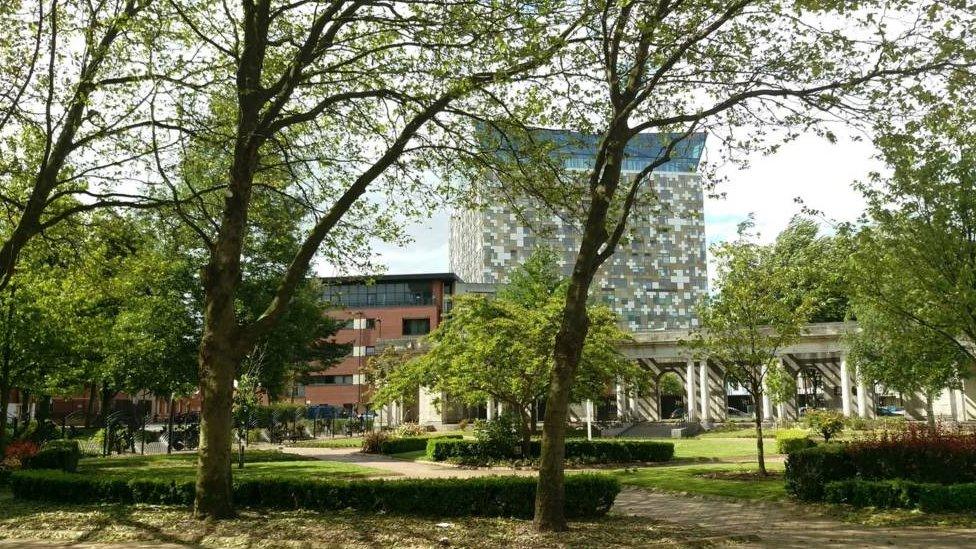
It seems the city's trees deliver nearly £4m of health benefits to Birmingham residents
It's not just Birmingham, this model can be applied to any town or city.
Birmingham is renowned for being a surprisingly green city and is recognised as a "Tree City of the World" but what this research does is really bring home the health benefits of all those trees and their impact on reducing the noise of the city.
Giving it a cash value will help make the case for even more new tree planting to come.
Related topics
- Published28 November 2022
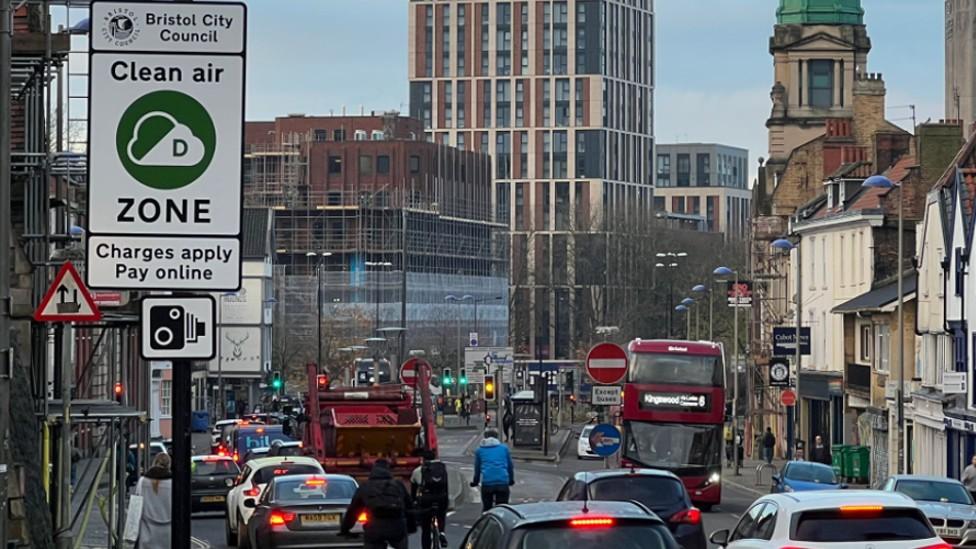
- Published11 January 2022
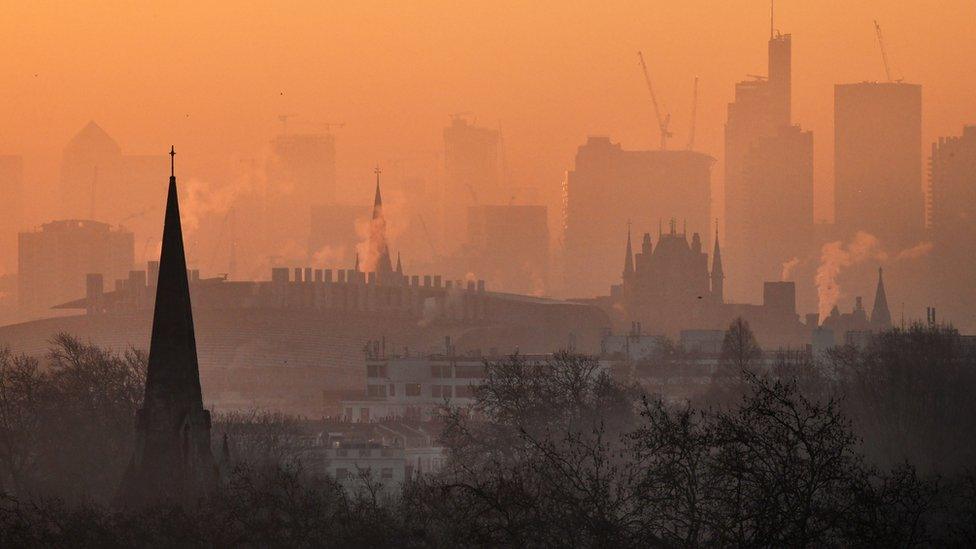
- Published29 May 2021
